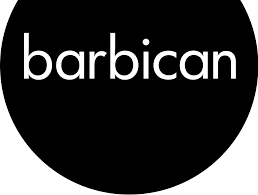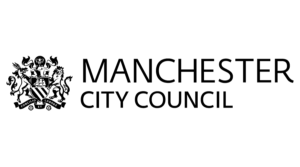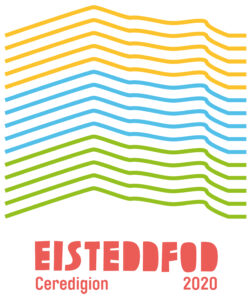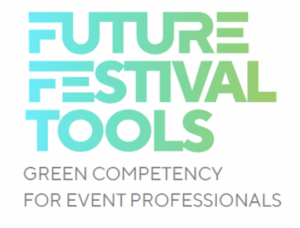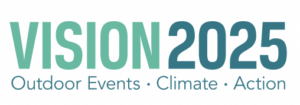Whilst this year was yet another ‘COP-out’ on the global stage in terms of action to limit global warming to 1.5 degrees, a few positive steps were made, such as the commitments to a global Losses and Damages Fund. This represents an acceptance that social justice is unavoidably part of making progress on climate. Also encouraging, is the building acknowledgement that arts and culture play a vital role in the changes we need, as demonstrated by Julie’s Bicycle joining forces with leading cultural voices to put culture at the heart of COP27.
There has been little to celebrate in terms of national policy or action on environmental protection or climate goals. As we strive for renewable energy sources and new battery technology at events, the first coal mine in the UK in 30 years has got the go-ahead from Government. The UN Secretary General pulled no punches in a striking speech accompanying the release of the IPCC report this year, stating that it was ‘now or never’ and effectively it’s down to non-governmental actors to avoid catastrophe. So here we are, a live events industry rapidly learning about sustainability in order to play a leadership role. Thankfully, it has genuinely been a fertile year for climate action in events, with some potentially game-changing developments too!
In this end-of-year blog, I provide a whistle stop tour of some of the key achievements and developments in 2022.
Climate action in live events is growing firm roots
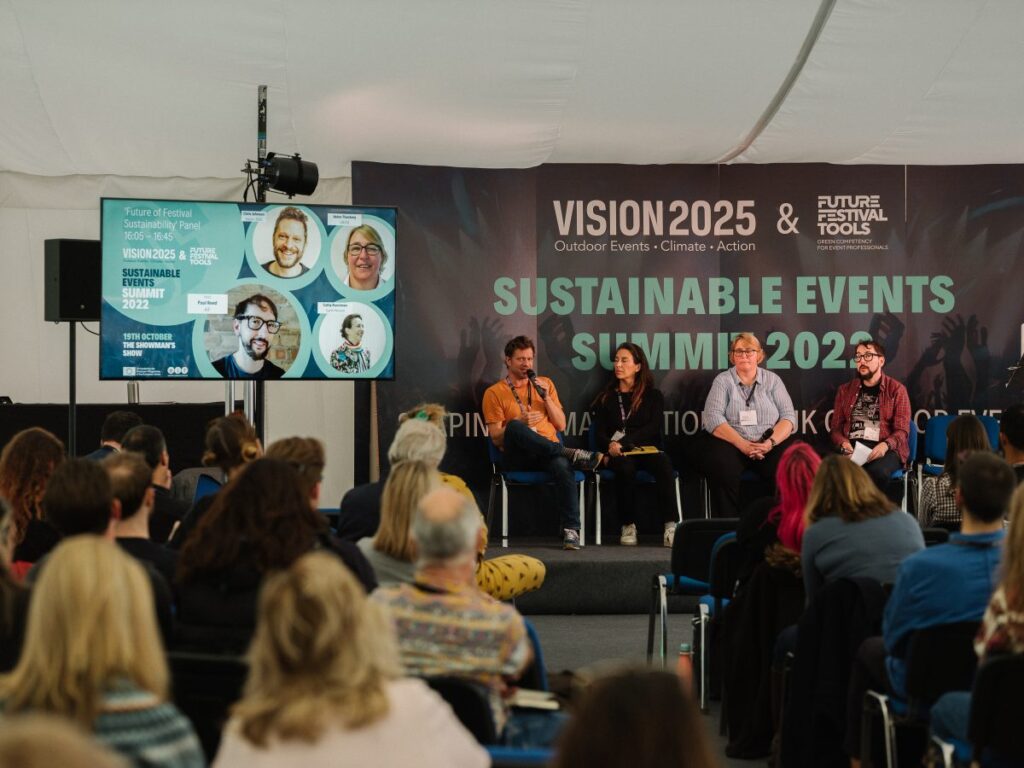
After an explosion of sustainability-related activity in 2021, we have seen a further maturing of the industry response, with more environmental services on offer, new research and reports, more collaboration across the industry and more new resources becoming available.
One litmus-test of the appetite for sustainability is engagement in industry events. The Green Events and Innovations (GEI) conference at the ILMC continues to grow in reputation and scope; this year featuring speakers such as Brian Eno and Dale Vince (Ecocity founder and entrepreneur). The rebranded Vision: 2025 Sustainable Events Summit (pictured above) at the Showman’s Show attracted a record sell-out attendance and has become the platform for the outdoor events industry to discuss and shape climate action and policy. This year the annual Green Supplier Award, a collaboration between Sustainable Events Summit and the Showman’s Show, was scooped by Sunbelt, with close contenders Cube Modular and Electric Wheels making the final shortlist that went to a live audience vote.
Music Declares Emergency (MDE) continue to be a strong voice for the planet. Their Turn Up the Volume Survey (May 2022) found that 82% of music fans were concerned about climate change compared to 72% of non-music fans – more evidence that music and events play a vital role in inspiring change: far from ‘preaching to the converted’, we have the opportunity to work with receptive audiences to inspire change. To help us do that, MDE released a Music Industry Climate Pack, and an artist media training program, supporting artists to be more confident to be ambassadors for climate for their fans.
On travel sustainability there has been positive movement. Building on the Tyndall Centre for Climate Change Research x Massive Attack’s Super Low Carbon Live Music report in 2021, ecolibrium launched a Sustainable Travel Guide for Artists and the Music Industry in collaboration with MDE, and the Centre for Climate Change and Social Transformations (CAST) released a report about influencing festival travel choices: From carbon footprints to cultural influence: engaging live music audiences on travel choices.
AGF announced new certifications for tours, arena’s and suppliers, with impressive strides being made by participants such as Bring Me the Horizon tour, which reduced tour emissions by 38%.
Julies Bicycle and Vision:2025 launched the Zero Waste Festivals Project to explore the challenges and solutions of sustainable waste management at outdoor events. Working with specialist consultancy Resource Futures, and guided by an industry working group, the report is due January 2023.
Climate is now firmly on the industry’s news agenda; Access All areas presented a special sustainability-focused issue this September, and IQ Magazine ran a third year of their Green Guardians series, championing 40 individuals, companies and initiatives that are driving the green agenda.
The big moves of 2022
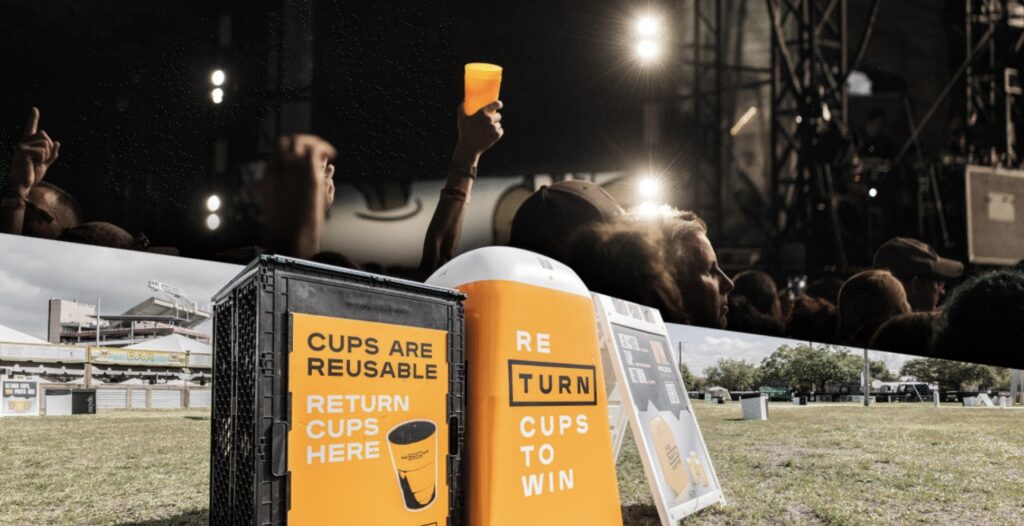
Perhaps the biggest sector-innovation of 2022 is the development of the Green Events Code. The code is intended to provide clear minimum standards and shared targets for sustainability that are understood and adopted by all stakeholders across the outdoor festival and events industry – event organisers, local authorities and supply chain. After a year of consultation with the industry, the draft code has launched as a working version, with further development in 2023 and a planned launch in 2024.
Live Nation took a bold step on their journey to eliminating single-use plastics, with a £5m strategic investment in TURN Systems, an innovative tech-based Reusable Cup System. Festival Republic (UK) used only palm-oil free HVO biodiesel at their UK-based festivals, and they worked with the London School of Economics to measure and display the carbon footprint or ‘food print’ of 1500 meals with over 300 food traders.
The Common Wealth Games in Birmingham set a standard for large international events, achieving ambitious sustainability policy and performance goals, and using the games to maximise influence in addressing key socio-economic issues including equality, diversity, and inclusion; social value; accessibility and human rights. They left no stone unturned, from carbon neutrality to reducing single use and carbon literacy training. Read their comprehensive report here to find out more.
Earth Percent, an ambitious charity spearheaded by Brian Eno, has been set up to harvest funds from the music industry and channel them into climate projects, including event sector change, announced their strategy and first round of grant partners. They aim to invest £100m by 2030, and put the UK on the global map for music leadership on climate.
Festival trailblazers in the UK
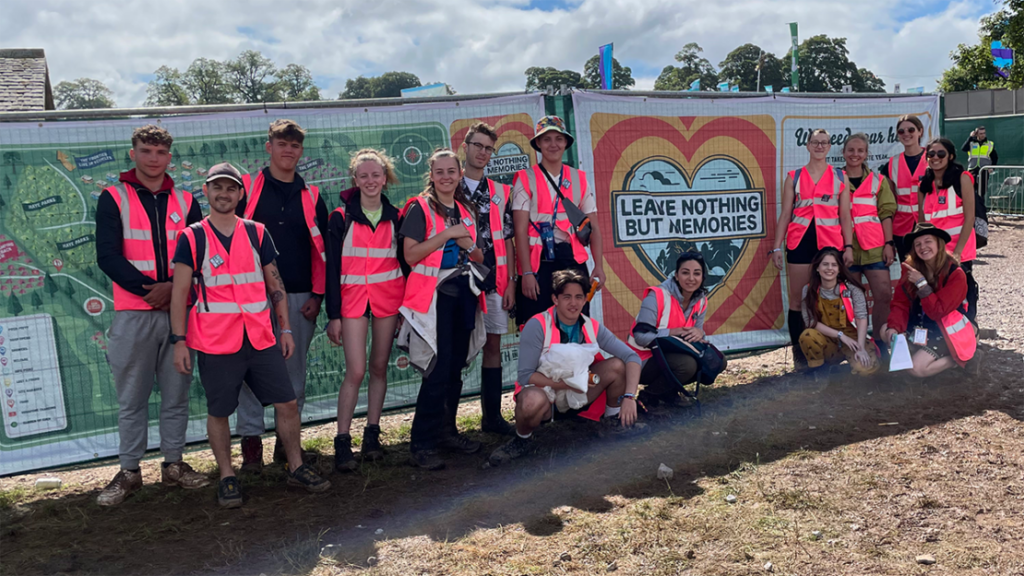
There’s plenty to celebrate this year; Glastonbury continued its ban on single use plastic bottles saving an estimated 1.7m plastic bottles, expanding provision of water bottle refill points, and introduced a green pledge for festival-goers.
At the other end of the spectrum, HebCelt, a small (yet international) event in the Outer Hebrides, trialled locally-produced green hydrogen power, running their main stage all weekend. Hydrogen is one to watch for temporary power over the next few years.
Norfolk & Norwich Festival, a 17-day multi-venue/location arts festival, made significant changes this year, eliminating generators throughout their sites and choosing a meat and fish free menu, no mean feat considering the number and range of partners and venues involved.
Shambala festival removed disposable hot cups from their ecosystem entirely this year (everyone was asked to bring their own reusable cup) and delved into the complex arena of food impacts. They worked with food impact assessor NOMM to provide traders with a food carbon calculator, and present food impact labelling at point of sale. The lowest emissions dishes received their Golden Carrot Award.
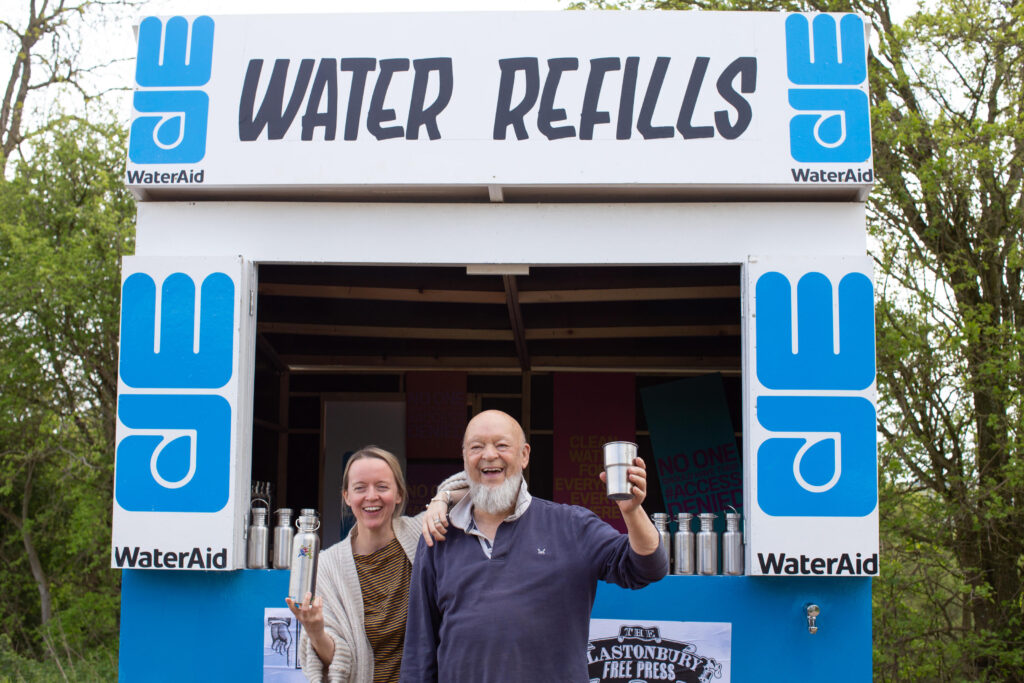

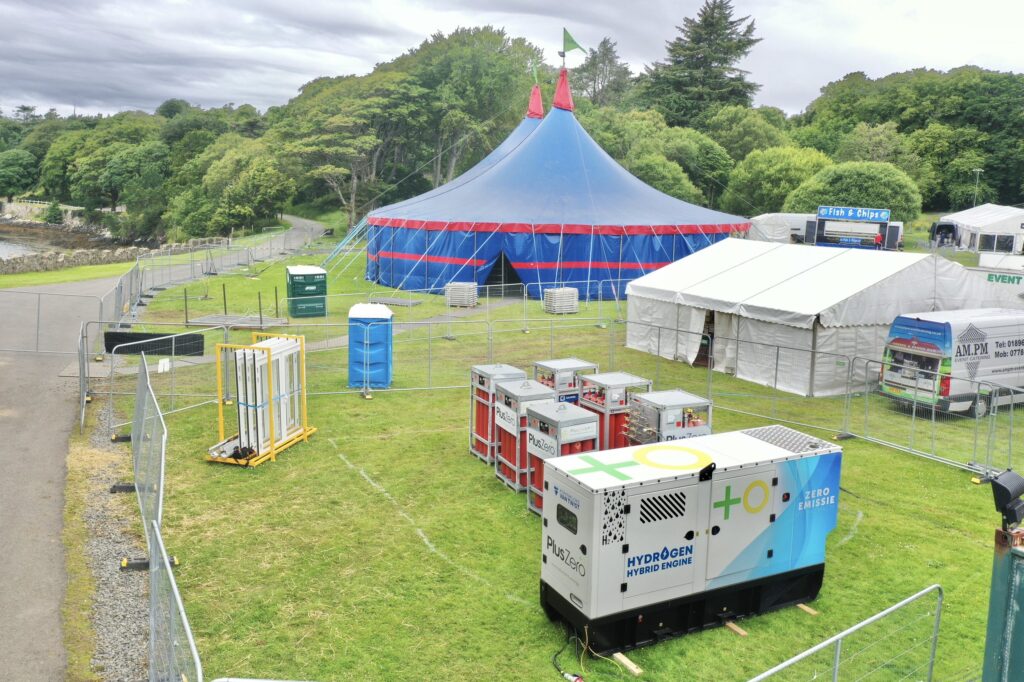
Kendal Calling introduced a new overarching strategy including a Leave Nothing But Memories campaign (pictured), which was successful in making sure that 98.07% of tents were taken home from the 2022 edition.
A huge well done to Green Gathering, who was crowned this years’ A Greener Festival UK winner at the UK Festival Awards in December; a well-deserved recognition for one of the UK’s green festival pioneers.
There are so many more inspiring examples of events making changes than I can capture in this blog, but please do let me know about anything you’re doing.
Highlights from Europe
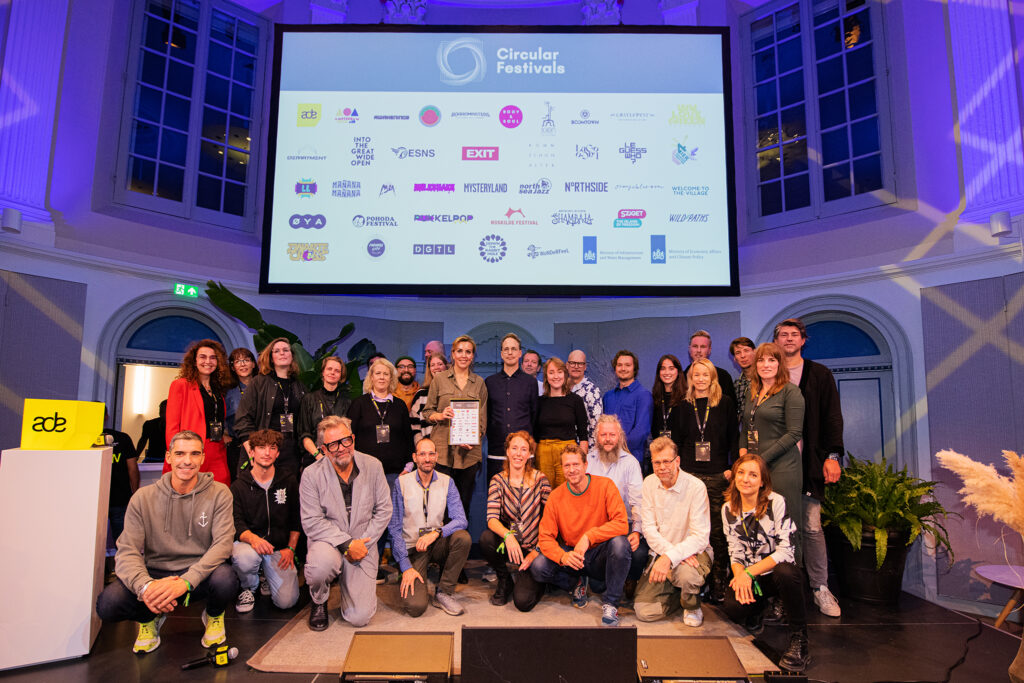
Eurosonic Norderslaag, Nederlands, have partnered with Choo Choo, to offer international visitors the ability to buy a train ticket from 12 countries/regions directly to ESNS when buying a festival ticket, a nice integration to make lower carbon travel more practical and easy.
Twenty more festivals joined the Dutch government funded Green Deal Circular Festivals (GDCF) project, to make it 43 events working together to share innovation and co-develop what a circular festival looks like, and how to achieve it. UK festivals include Shambala and Boomtown.
Exciting things are happening at DGTL festival (Amsterdam) with a partnership with Beyond Meat to offer plant based alternatives to classics such a burgers and hotdogs. A peer-reviewed Life Cycle Analysis found that production of the original Beyond Burger uses 99 percent less water, 93 percent less land, nearly 50 percent less energy and generates 90 percent fewer greenhouse gas emissions than producing an American ¼ lb. beef burger.
Things are also really starting to move in Ireland, with organisations such as Native Events driving best practice and supporting national policy change. Body & Soul festival, which they produce, is the first Irish festival to go 100% compost loos. And it happening in urban events too; Dublin Pride notably decarbonised carnival floats, perhaps a first.
A substantial new resource for event organiser launched in beta version at ADE Green this year. Future Festival Tools offers an amazing collection of ‘inspiration green stories’ from festivals across Europe, a self-assessment tool and a six module self-certified e-learning course. Final versions of the resources land in February 2023, and in the meantime it’s all free to access version here.
ADE Green, Europe’s leading conference on event sustainability, innovation and social change, brought leaders, innovators, activists and city officials together to exchange and inspire. Check out the highlights here.
Meet the green festival leaders of 2022
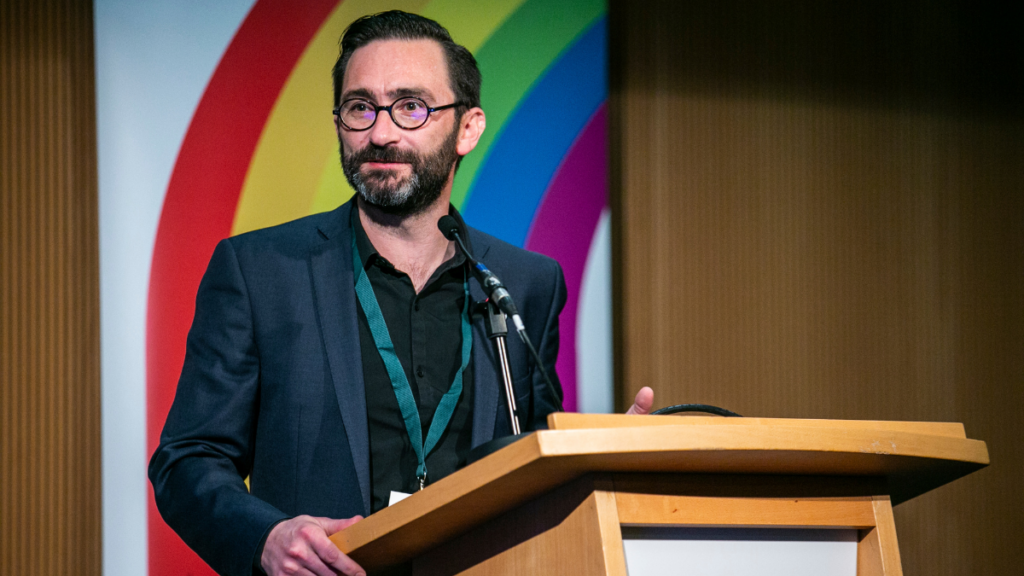
The Vision: 2025 Green Leaders Q&A series continues to profile green innovators an activists in outdoor live events, with 26 interviews now online. This year they met:
- Kristine Barenholdt Bruun, Head of the Circular Lab at Roskilde Festival, shared what the ‘lab’ is all about.
- Jed Dowling, Festival Director or Dublin Pride, shared his greatest achievement, going fossil fuel free with the events floats.
- Zac Avery, Assistant Director of Medicine Festival talked about bridging cultures and inspiring a deeper understanding of how to tread lightly and live harmoniously on our planet
- Rob Van Wegen, Sustainability Coordinator for Eurosonic Noorderslag (ESNS) / Innofest, laid out his very practical approach to sustainability at events
- Nathan Jackson, Head of Production at award winning production company Walk The Plank, (winners of the NOEA sustainability Award 2022) talked about their Unboxed project, Green Skies Dark skies.
New training, tools and resources
There has been a whole bunch of new tools and resources to support organisers, all of which can be found on the Vision:2025 Resource Hub. Here’s a quick run-down:
- Centre for Climate Change and Social Transformations (CAST) report on influencing festival travel choices: From carbon footprints to cultural influence: engaging live music audiences on travel choices.
- Future Festivals Tools launched a beta version of a new free-to-access knowledge hub for the European events Industry, including self-assessment tool, Inspirational stories and certified e-learning course for individuals
- Better Not Stop, a consultancy working with Kendall Calling, launched the More Than Music Report, which looked at the environmental policy of 100 UK festivals
- City to Sea, an organisation focused on reuse and access to water, launched a new resources hub and guide to support smaller events to adopt reusable cups. See their ‘Solutions on Tap’ guide here
- ecolibrium, the live events charity focused on travel, launched a new Sustainable Travel Guide for Artists and the Music Industry with Music Declares Emergency.
- Music Declares Emergency unearthed some encouraging statistics about commitment to environment in music fans in their Turn up the Volume survey, launched an artist’s climate training program, and a Music Industry Climate Pack in collaboration with Julie’s Bicycle.
- A focus in 2022 for environmental arts charity Julies Bicycle has been climate justice, in partnership with Arts Council England – see their comprehensive and inspiration Creative Climate Justice Hub
- Eurosonic Noorderlag (ESNS) have produced a useful festival sustainability roadmap guide/canvas, as part of the Green Deal Circular Festivals project
Coming soon…
A few things to watch out for in 2023! The inspirational Live Green (Sweden) are set to run a masterclass series and festival academy as part of the European Festival Sustainability Lab project. Music Declares Emergency have launched a new initiative which aims to engage music audiences directly – Fan Club 2023, and we are eagerly awaiting the Zero Waste Festival Report, which aims to provide the basis for developing waste policy in the sector, due in January.
Of course there is more. In the meantime, tickets are on sale for the 15th Green Events and Innovations conference in February, and we hope to see you there!





